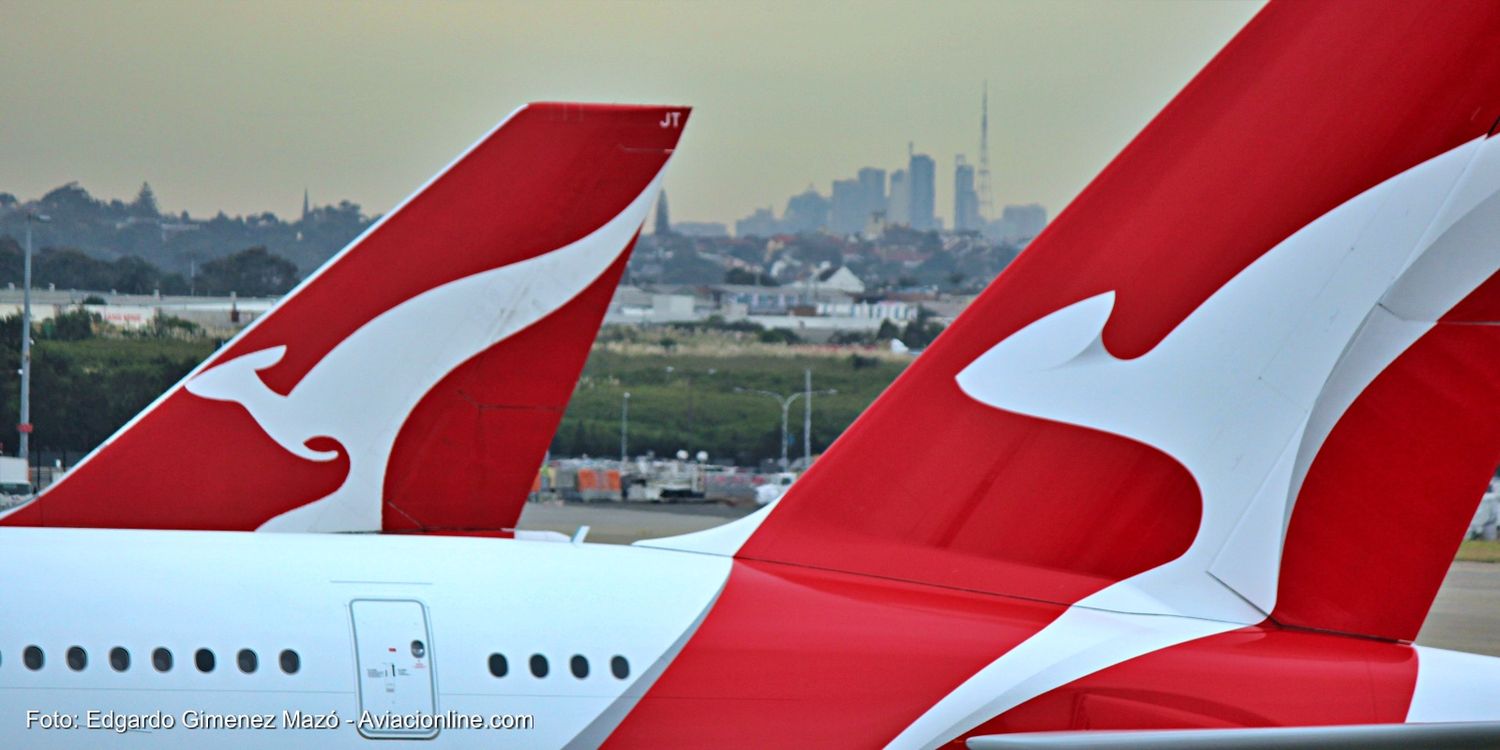In a significant turnaround from the past few years, the Qantas Group today announced their first full year statutory profit since the fiscal year 2019. According to the report released by the company, the Underlying Profit Before Tax stands at $2.47 billion with a Statutory Profit After Tax amounting to $1.74 billion.
The posted profits come after three tumultuous years where the Qantas Group accumulated $7 billion in statutory losses. As Qantas highlighted, the return to profitability was bolstered by a 132% increase in flights in FY23 compared to FY22, driven by high travel demand and completion of the Group’s $1 billion COVID recovery plan.
Operationally, Qantas reported strong achievements, including leading the on-time performance amongst the major domestic airlines in Australia for 11 out of 12 months. Furthermore, Jetstar’s operations returned to pre-COVID levels, and customer satisfaction, although not fully rebounded, improved with the increasing operational momentum.
The Group has also signaled its intention to reinvest, announcing a firm order for 24 new aircraft from Boeing (4 787-9 and 8 787-10) and Airbus (12 A350-1000) , starting delivery in FY27. This move will replace the existing Qantas A330 fleet and offer options for future growth.
Alan Joyce, Qantas Group CEO, commented on the company’s performance, “These results show a substantial turnaround in both our finances and service over the past year. From heavy losses, we’ve shifted to a strong profit and pipeline of investment worth billions.» He attributed the robust travel demand to the almost 70 billion more seat kilometres flown and noted that they’ve doubled their passenger numbers to 46 million compared to the previous year.
The Group’s domestic performance, comprising of Qantas, QantasLink, and Jetstar, has risen to 103% of pre-COVID levels by the latter half of FY23, underpinned by both leisure and business travel demands, resulting in an Underlying EBIT of $1.5 billion.
On the international front, with the reinstatement of seven Airbus A380s and the addition of new aircraft (two new Boeing 787 and eight new A321LR), Group International’s flying capacity grew from 54% of pre-COVID levels to 81%. This shift, combined with high demand, especially in premium sectors, resulted in an Underlying EBIT of $1.1 billion.
Qantas Loyalty has also performed notably. As per the company’s data, there was a record Underlying EBIT of $451 million, with a 19% growth in the Qantas Business Rewards program.
Financially, as of 30 June 2023, the Qantas Group has approximately $10 billion in liquidity, with net debt reducing to $2.89 billion. The company has also announced an on-market share buy-back of up to $500 million, starting from September 2023.
In terms of sustainability, the company is partnering with Airbus and Boeing for sustainable aviation fuel access, aiming to meet 90% of their interim SAF target.
In a move to reward employees for their contribution towards the turnaround, Qantas has earmarked about $340 million for over 21,000 staff, including share bonuses and other incentives.
Looking forward, the Qantas Group remains optimistic for FY24, considering the robust balance sheet, the benefits from its recovery program, and the prevailing strong trading conditions. Key projections for the coming year include a total fuel bill of $2.6 billion for H1 of FY24 and an expected net debt increase within manageable limits.



Comentarios
Para comentar, debés estar registrado
Por favor, iniciá sesión